Your economy, security, and future stability are more tied to Ukraine than you ever imagined.
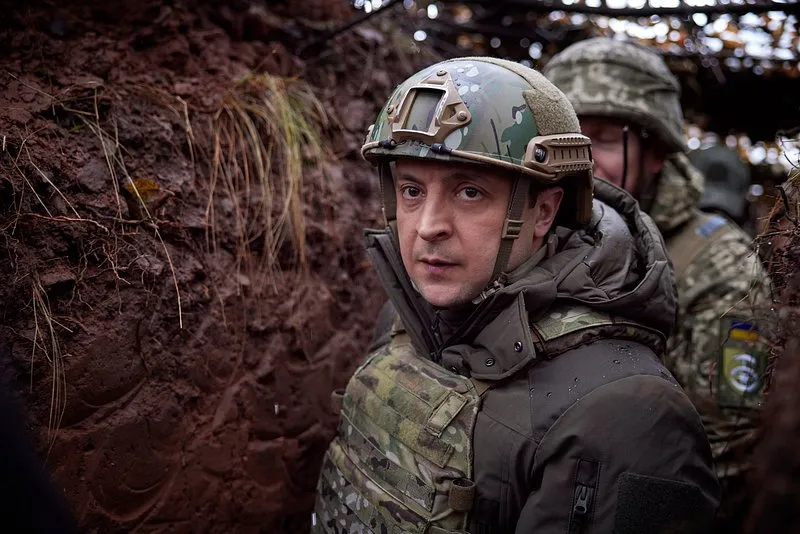
You might think Ukraine’s war is a distant problem, something happening on the other side of the world that has little to do with your daily life. That assumption couldn’t be further from the truth. The reality is, this conflict has far-reaching consequences that ripple across economies, global security, and even the future of democracy itself.
It’s easy to tune out world events when they don’t seem to affect you directly. But history has shown that ignoring major crises only makes their impact more severe when they finally hit home. This isn’t just about another country fighting for survival—it’s about a shift in the world order that could alter life as we know it.
The facts speak for themselves, and once you see what’s at stake, it’ll be impossible to look away.
1. The war in Ukraine is already making your cost of living higher.

If you’ve noticed your grocery bill creeping up or gas prices spiking, Ukraine’s war is partly to blame. Disruptions in global supply chains, skyrocketing energy prices, and food shortages have all been amplified by the conflict, according to Rob Vos writing for International Food Policy Research Institute. Ukraine is one of the world’s top grain exporters, and when war halts production, it sends ripple effects through global markets.
Countries that rely on Ukrainian wheat, corn, and sunflower oil are now scrambling for alternatives, driving up prices everywhere. Energy markets are just as chaotic, with fuel costs surging as the war drags on. Even if you don’t follow the headlines, your wallet is feeling the impact. The longer this war continues, the more these financial strains will grow. Thinking it doesn’t affect you is wishful thinking—because it already does.
2. The global economy is at risk of crashing, and Ukraine’s war is a major factor.
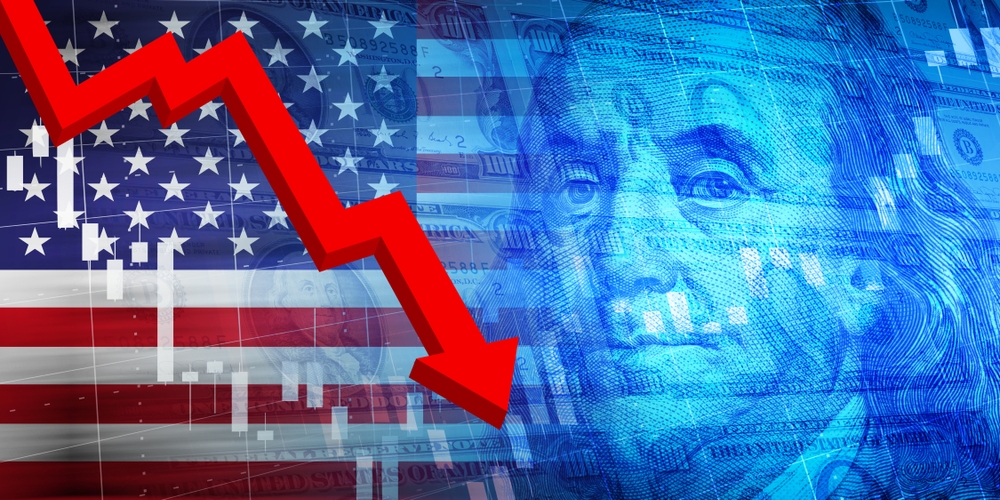
Recessions don’t happen in a vacuum, and the war in Ukraine has thrown global markets into a tailspin, say Elsa Leromain and
Marcus Biermann in an article for Economics Observatory. Trade disruptions, inflation, and energy instability are all consequences of a prolonged conflict. When investors panic, stock markets tumble, wiping out retirement savings and making everyday life more expensive. The longer the war drags on, the more uncertainty spreads, keeping businesses from expanding and consumers from spending.
This isn’t just an issue for Ukraine or Europe—it’s a direct threat to financial stability worldwide. Countries that rely on Russian energy or Ukrainian exports are struggling, and economic slowdowns in one place have a way of spreading everywhere. If you thought the economy was shaky before, imagine what happens if this war drags on for years. No one is immune to a global financial crisis.
3. A Ukrainian defeat could make the world a far more dangerous place.
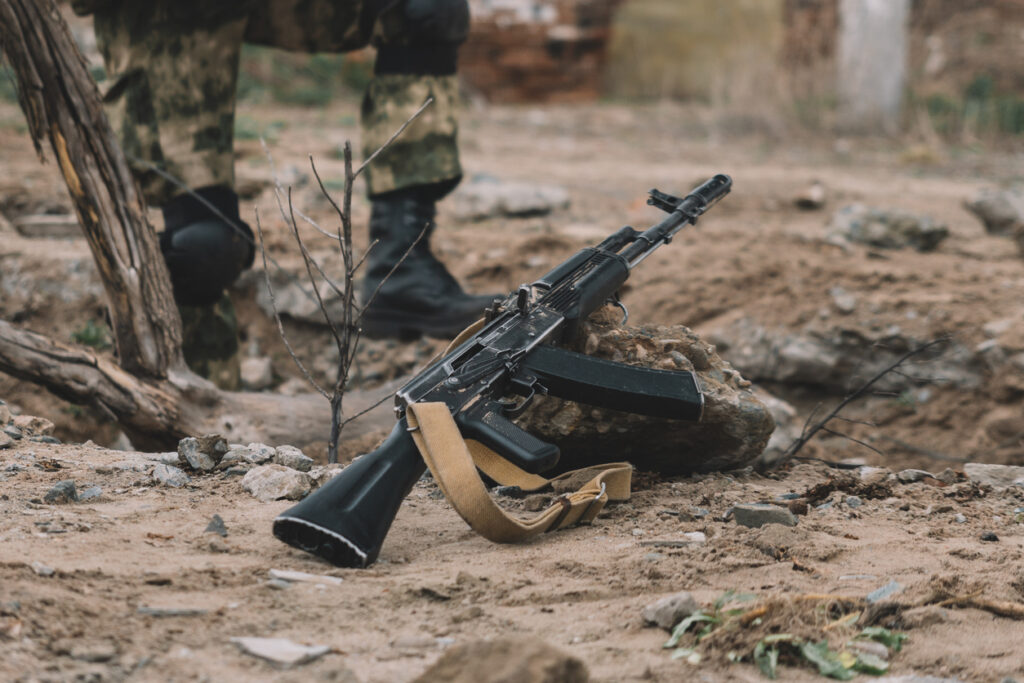
When one country invades another without consequences, it sets a dangerous precedent. If Ukraine falls, what’s stopping other authoritarian regimes from deciding they can take what they want by force? Russia’s aggression is being closely watched by countries like China, which has its eyes on Taiwan. If the world allows Ukraine to be swallowed up, it signals to dictators everywhere that land grabs and power plays go unpunished, according to Victor Leakh with the Atlantic Council.
That could mean more wars, more instability, and more destruction in places we never expected. History has proven that unchecked aggression only emboldens more of it. Standing by and assuming it won’t affect the rest of the world is not just naïve—it’s a direct invitation for chaos. A Ukrainian loss wouldn’t end this crisis. It would only be the beginning of something much worse.
4. Nuclear threats are back, and this war has made them more real than ever.

For decades, nuclear war seemed like a Cold War relic—something people feared in the past but didn’t really worry about anymore. That changed the moment Russia invaded Ukraine. Suddenly, world leaders are openly discussing nuclear weapons again, and Putin’s threats have put the entire world on edge, warns Ruth Deyermond in an article for The Conversation. A single miscalculation could trigger a crisis far bigger than Ukraine’s borders. If a desperate leader feels backed into a corner, who’s to say he won’t push the button?
Even if nukes aren’t launched, the psychological effect alone is enough to destabilize international relations. Living in a world where nuclear threats are casually thrown around isn’t just unsettling—it’s dangerous. Ignoring what’s happening in Ukraine doesn’t make that threat disappear. It only makes it easier for reckless leaders to push the limits further.
5. Your country’s national security depends on how this war plays out.
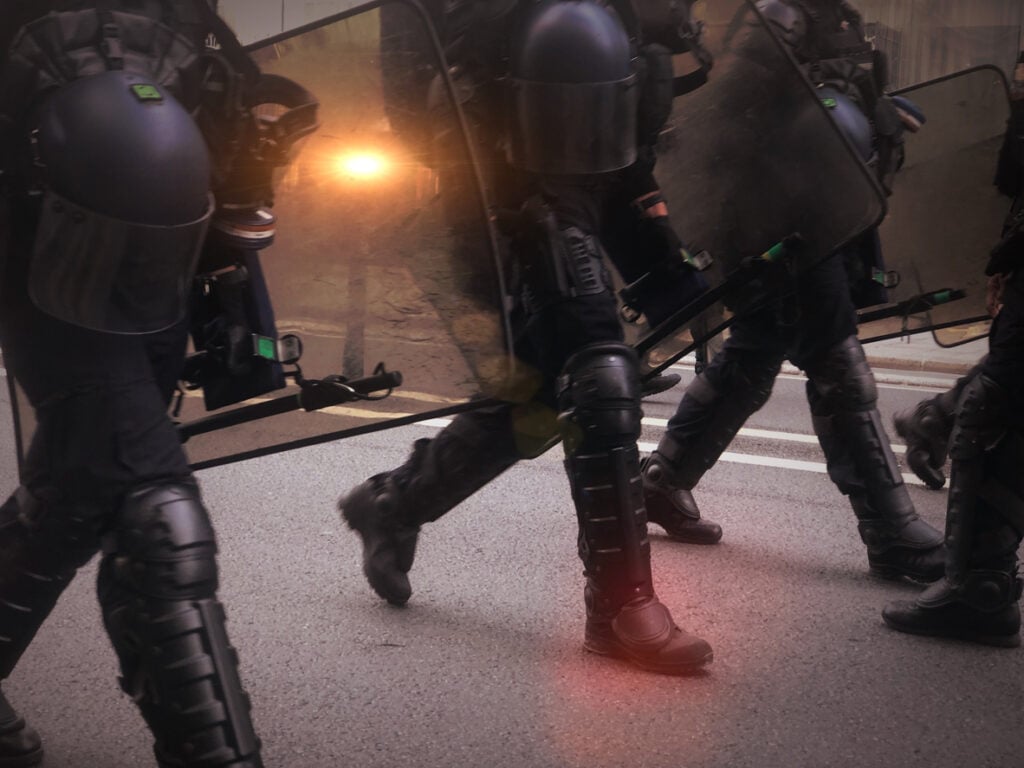
A strong, stable world order benefits everyone. When international laws are enforced and aggressive nations are held accountable, there’s less chaos. But when wars go unchecked, it signals to the world that brute force wins. That’s a problem for every democratic country that values security and peace. If Ukraine loses, NATO and its allies may have to step in directly, pulling more nations into conflict.
Military budgets are already increasing across the globe, and that money comes from taxpayers. If you think defense spending won’t affect you, check where your tax dollars are going. The stronger Ukraine’s resistance, the lower the chances of your country getting dragged into an even bigger war. Security isn’t just about soldiers on the ground—it’s about preventing war before it reaches your doorstep.
6. Humanitarian crises aren’t just tragic—they create long-term global instability.
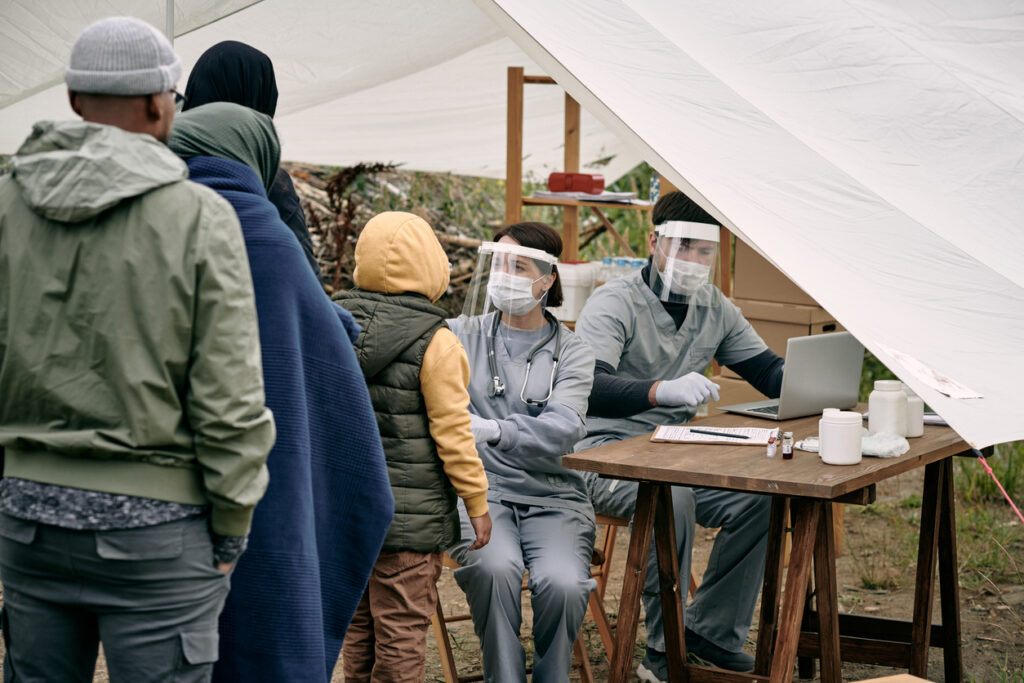
Millions of Ukrainians have been displaced, turning Europe into the center of the largest refugee crisis since World War II. When people are forced to flee their homes, they need shelter, resources, and stability—things that neighboring countries have to provide. A massive refugee crisis puts strain on governments, creates political instability, and shifts economic dynamics in ways that ripple across the world. Beyond that, the human toll is staggering.
Families are torn apart, lives are destroyed, and entire generations are left rebuilding from nothing. It’s not just Ukraine’s problem. It’s a humanitarian disaster that affects international aid, government spending, and global security. Countries that welcome refugees must find ways to integrate them, and that affects economies everywhere. The effects of this crisis won’t disappear even if the war ends tomorrow.
7. Russian propaganda is influencing global politics more than you realize.
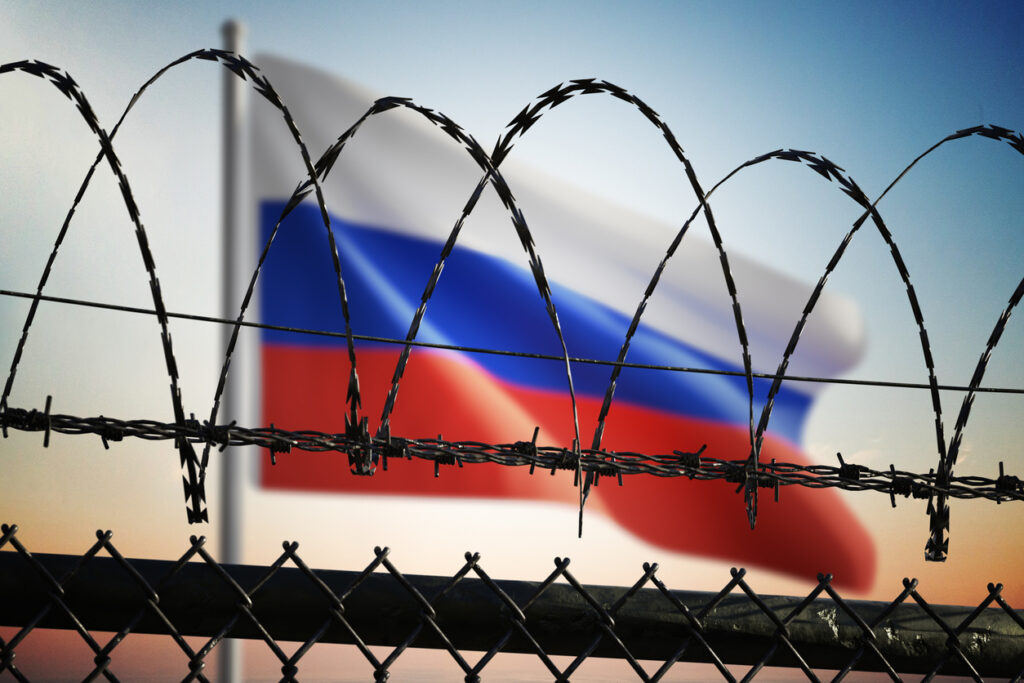
Disinformation isn’t just a tool of war—it’s a weapon designed to manipulate public opinion worldwide. Russia has invested billions in propaganda campaigns, flooding social media with fake news, conspiracy theories, and misleading narratives. These efforts don’t just affect Ukraine; they influence elections, create division, and erode trust in democratic institutions everywhere. The more people believe misinformation, the easier it becomes for authoritarian regimes to manipulate them.
This isn’t a distant problem—it’s happening in real time, shaping opinions, swaying voters, and altering political landscapes in countries far beyond Russia’s borders. Recognizing propaganda is the first step in fighting it, but too many people don’t even realize they’re being influenced. If you care about truth, democracy, and informed decision-making, what’s happening in Ukraine should absolutely be on your radar.
8. Energy prices are unstable, and that affects every aspect of your daily life.

Heating your home, fueling your car, and keeping the lights on all depend on energy markets that have been thrown into chaos. Russia is one of the biggest energy exporters in the world, and sanctions against it have caused massive disruptions. European countries that relied on Russian oil and gas have had to scramble for alternatives, driving up demand—and prices—everywhere.
That increase doesn’t just hit gas stations. It affects manufacturing, transportation, and even food production. When energy prices rise, the cost of everything rises. This war has made energy markets unpredictable, and the longer it continues, the worse the instability becomes. If you’ve noticed your bills creeping higher, Ukraine’s war is one of the reasons why.
9. Democracy itself is being tested, and the outcome will shape the future.
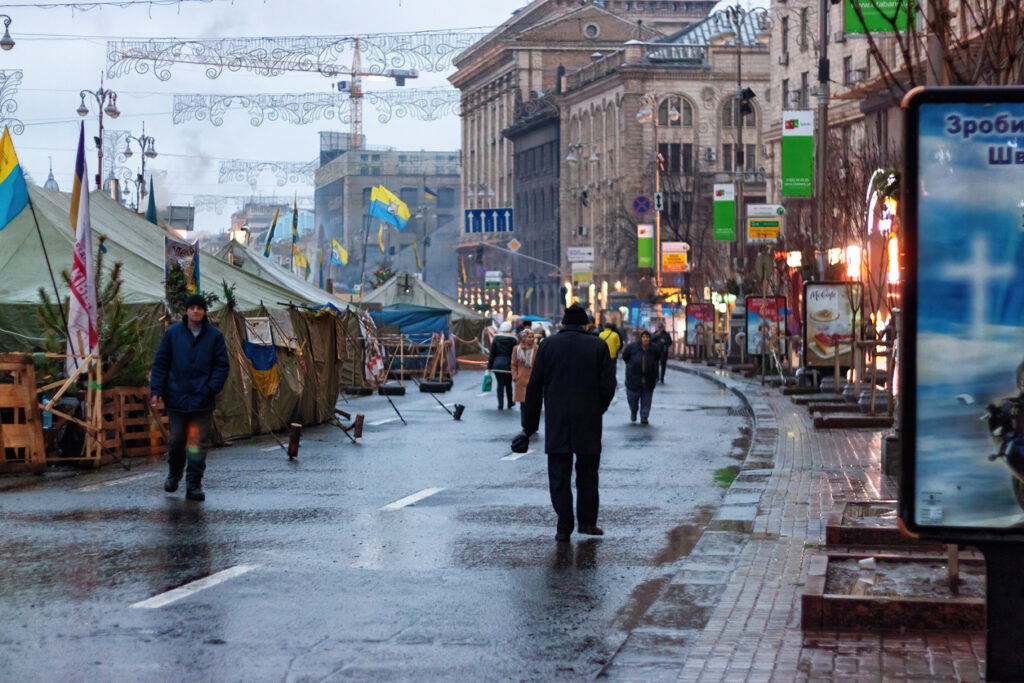
Ukraine isn’t just fighting for its land—it’s fighting for the survival of democracy in the face of authoritarian aggression. If a free and independent country can be invaded and dismantled without consequences, it sends a dangerous message to the world. Other authoritarian regimes will see it as an open invitation to expand their power, putting more nations at risk.
Democracies rely on the rule of law, international cooperation, and stability, all of which are being threatened. If Ukraine falls, it could trigger a domino effect, emboldening other oppressive governments to test the limits of what they can get away with. History has shown that democracy is fragile and requires constant protection. The longer people turn a blind eye, the more they risk losing the very freedoms they take for granted.
10. What happens in Ukraine will be written in history—on the right or wrong side.
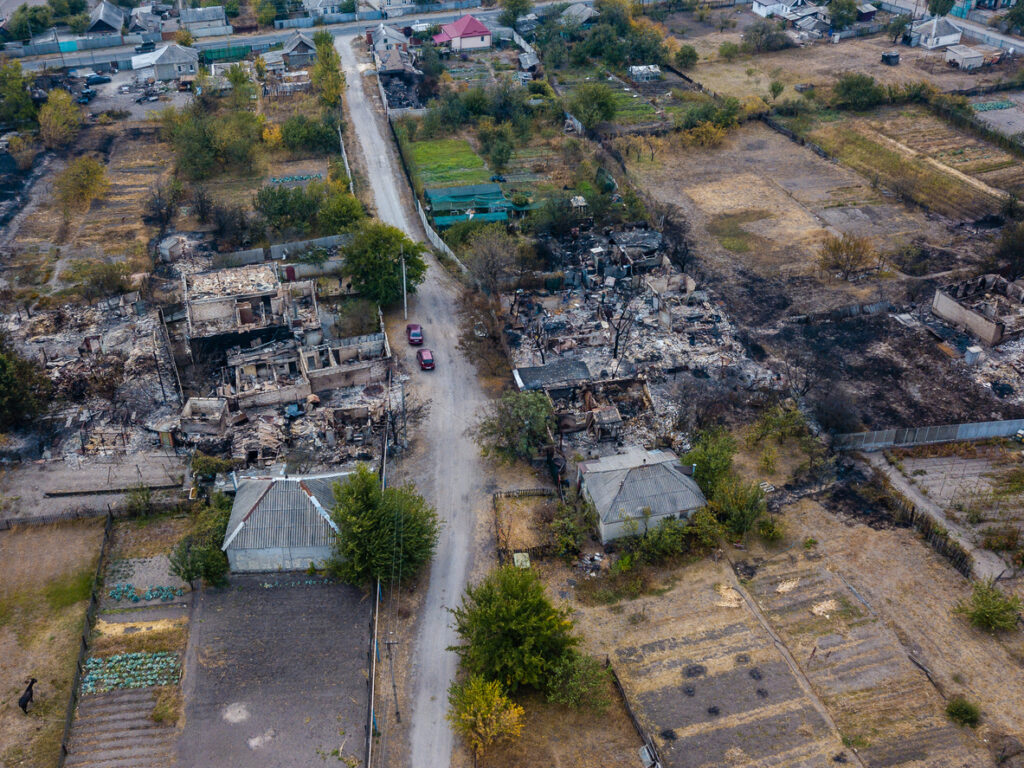
Decades from now, people will look back on this war and judge who stood up and who stayed silent. Wars don’t just affect those fighting them—they shape the course of history for generations. The decisions made today will define international policies, alliances, and global stability for years to come. If Ukraine is abandoned, it won’t just be a loss for one nation—it will be a defining failure of modern leadership.
Future conflicts could spiral out of control because the world failed to act when it mattered most. Standing with Ukraine isn’t just about supporting a country under siege; it’s about defending the principles of freedom, justice, and human rights. No one wants to look back and realize they were on the wrong side of history when they had the chance to make a difference.
